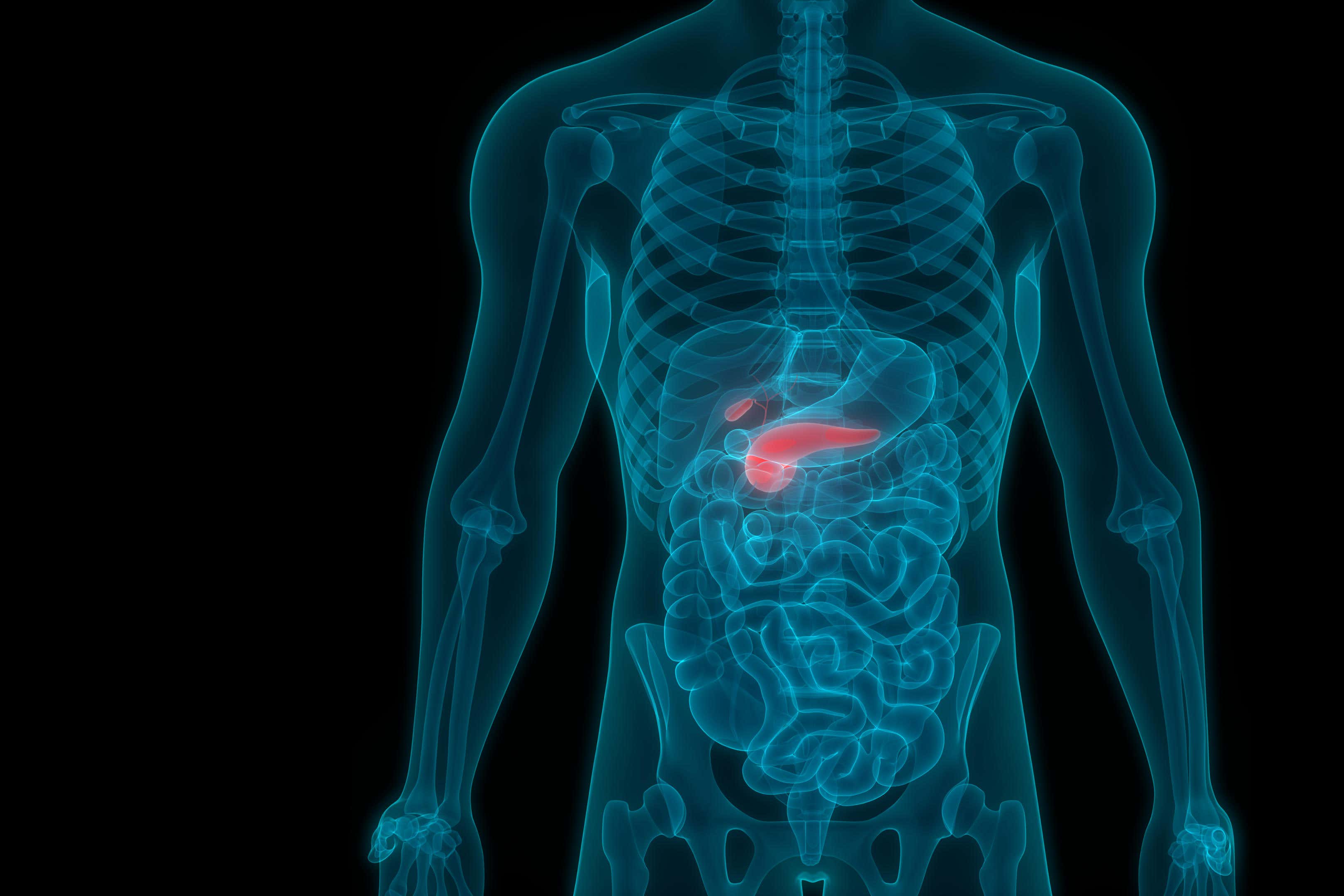How pancreatic cancer ‘changes diet’ to make tumours spread
Researchers hope the study will reveal new ways of treating the most common and aggressive form of pancreatic cancer

Pancreatic cancer “changes its diet” to keep growing, a new study has revealed.
The findings show a molecule called uridine, which is present in the environment around a tumour, serves as a food source for pancreatic cancer when glucose is scarce.
Pancreatic cancer switches from glucose to uridine as a food source to fuel its growth, according to the study.
The study, led by scientists at the ICR and the University of Michigan, suggests that using new drugs to block the availability of uridine could provide a new treatment for the most common and aggressive form of pancreatic cancer.
Other forms of cancer such as lung, stomach and brain cancer could also be fueled by uridine, the research found.
The molecule uridine is available around the body and is essential for a healthy metabolism.
Study co-leader Dr Anguraj Sadanandam, team leader in systems and precision cancer medicine at The Institute of Cancer Research, London (ICR), said: “Cancer cells salvage anything available in their environment and use it for their own benefit.
“We have found that the deadliest form of pancreatic cancer can even change its diet in order to survive.
“Cancers can feed off a molecule known as uridine as an emergency back-up when they cannot access the glucose they normally rely on to stay alive.
“Next, we will explore ways to use uridine to monitor existing therapy responses in pancreatic cancer and hopefully develop new drugs targeting UPP1.
“We hope our research efforts will lead to new treatment strategies for people diagnosed with pancreatic cancer.”
Researchers looked for nutrients used by pancreatic cancer cells over time using a method called phenotypic microarray.
They found that uridine is broken down by an enzyme known as uridine phosphorylase-1 (UPP1) to produce a different form of sugar, ribose, which can fuel cancer cells.
Research in mice showed that knocking out the UPP1 gene stopped pancreatic cancer cells from using uridine and halted tumour growth largely as a result.
According to the scientists, these findings reveal a potential new strategy for treating pancreatic cancer.

The team also looked at patient samples and found that high levels of UPP1 were linked to poor survival in people with pancreatic cancer, as well as other cancer types.
Researchers found that levels of UPP1 are boosted in the presence of a type of cell signalling that promotes the growth of many cancer types, particularly pancreatic cancer.
This led them to believe that drugs which block this signalling – KRAS signalling – might also block uridine availability, cutting off cancer’s emergency food supply.
Study co-leader Dr Costas Lyssiotis, associate professor in molecular and integrative physiology at the University of Michigan and the Rogel Cancer Centre in the US, said the findings open up new avenues for treating pancreatic cancer, which currently lacks effective treatment options.
Professor Kristian Helin, chief executive of the ICR, said: “We hope we can take advantage of this finding about the underlying biology of pancreatic cancers to find ways to treat the disease more effectively, including through use of existing drugs.”
Dr Chris Macdonald, head of research at Pancreatic Cancer UK, added: “This work is hugely novel, potentially very impactful and really exciting.
“We are very hopeful that these findings could lead to new and improved treatments for pancreatic cancer in the future.”
The study, published in Nature, was funded by Pancreatic Cancer UK and the Ian Harty Charitable Trust.
Join our commenting forum
Join thought-provoking conversations, follow other Independent readers and see their replies
Comments


Bookmark popover
Removed from bookmarks